Reading the story, that was at the same time nostalgic and sad, of a Sciacca that perhaps is no longer there (see Angela Di Michele's post), Marilena Barbera came to mind, her strength and her vineyards overlooking the sea.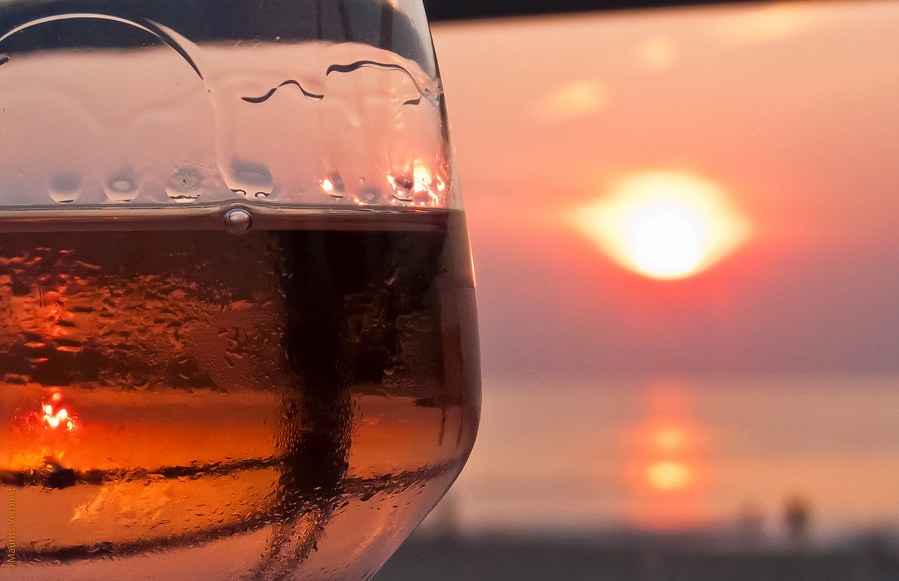
One of my trips to Sicily also took me to that area. I arrived in Sciacca but I did not yet know Marilena and therefore my way of understanding its vineyards passed more through memories, and through words, rather than through direct experience.
But an experience I had with her wines ...
But let's go step by step, from Sciacca just go up for a few kilometres in a north-west direction to get to Menfi, home and soul of the Cantine Barbera. It is here that Marilena gives life to her dream, telling it like this:
“Returning to Sicily after years spent in another place that didn't belong to me, I found my father's vineyard and dream. I took this dream and discovered that it was mine too”.
This was a discovery that passed over landscapes where nature is still the master, a not inconsiderable advantage thinking of other areas of the Sicilian coast and beyond. This is a fertile land overlooking the sea, Marilena tells it like this:
"Vines by the sea, which absorb salt from the air and soil, transforming it into vibrant flavour. Vineyards that enjoy mild and windy winters and hot and dry summers, with important temperature variations between day and night. Sweet and salty grapes, which smell of the Sicilian sun and the fresh Mediterranean breeze."
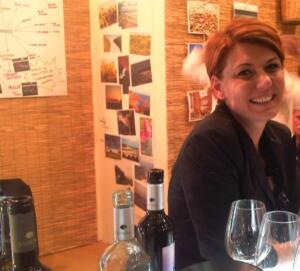 A family story also told by the vines that give life to the wines of Cantine Barbera, from Inzolia planted in the 1920s by Marilena's grandfather to the modern ones chosen by her father: Chardonnay, Merlot, Petit Verdot and Cabernet Sauvignon.
A family story also told by the vines that give life to the wines of Cantine Barbera, from Inzolia planted in the 1920s by Marilena's grandfather to the modern ones chosen by her father: Chardonnay, Merlot, Petit Verdot and Cabernet Sauvignon.
Finally, those chosen by her: Grillo, Catarratto, Perricone, Catanese, Alicante, Nero d’Avola, Frappato.
Organic agriculture and ancient practices, spontaneous fermentations and non-invasive oenology, labels that stand out for their imagination and industriousness (such as those compiled individually by hand!). Great desire and an ability to communicate.
Marilena has often been named as one of the best known "wine characters" in Italy and abroad for her ability to use new technologies, from blogs to social media, populating them with interesting, specific, well-formulated content. The Cantine Barbera website is a practical example of this.
[caption id="attachment_116441" align="center-block" width="900"]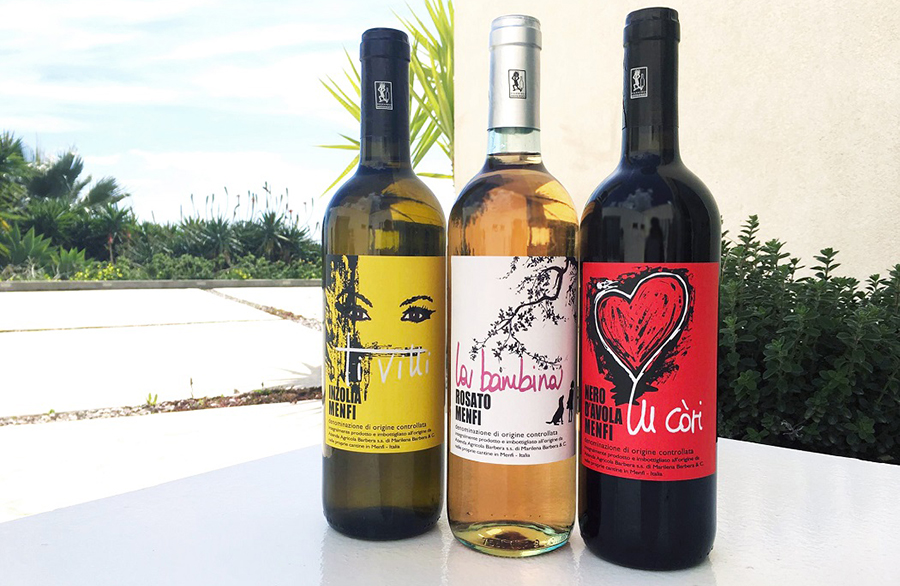 Picture by the Cantina Barbera[/caption]
Picture by the Cantina Barbera[/caption]
So think about this part of the Sicilian coast - if I say "fortunately" also forgotten by the excesses of tourism am I exaggerating? -it does not lead me to sadness but pushes me to think about the joy and strength of a woman and her wines.
Aside from the meetings at fairs like Vinitaly, hoping to go and see these vineyards on the sea as soon as possible, I had direct experience of Marilena's work through her wines.
Bottles purchased - keeping faith with her ability to interpret modernity while keeping values alive - through a sales system that combines technology and purchasing groups.
Good, fresh wines, capable of getting you to imagine a territory as well as a grape and a producer. Among the various samples, I only tell that of Ammàno, which has no vintage but numbers (we arrived at # 4 if I'm not mistaken, but I have the # 3 in the cellar and I don't think I'll open it soon) on beautiful handwritten labels.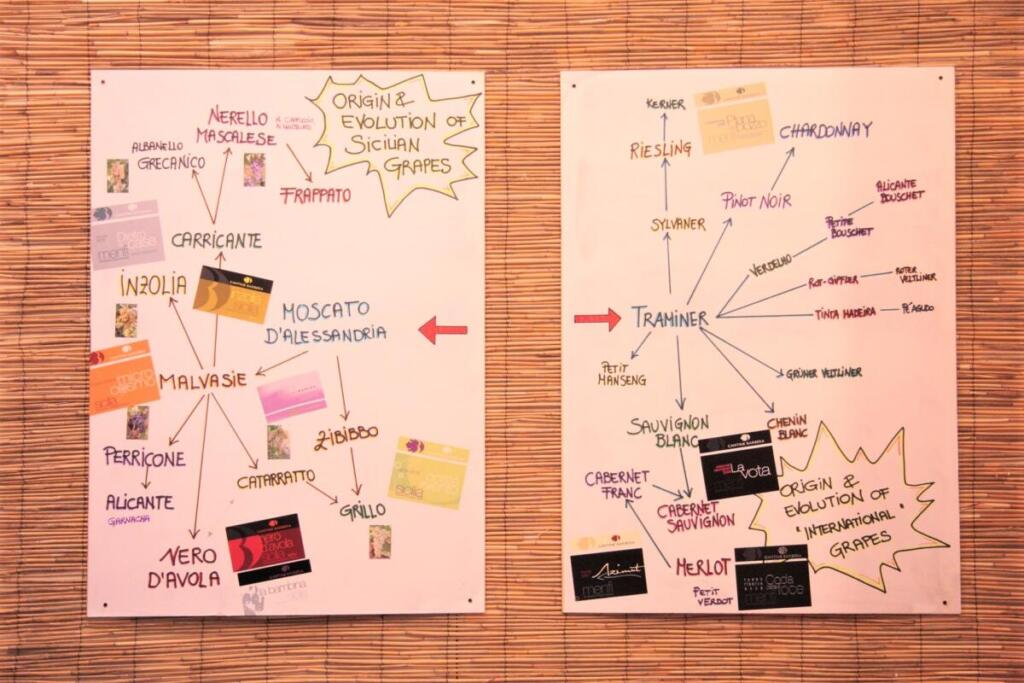
It comes from fermenting Zibibbo grapes in steel and macerating the skins for 7 days in the must, then aging and malolactic fermentation in tonneaux (500 litre wooden container). For Marilena it is
“Just a small tribute to those who, before me, understood how extraordinary the Zibibbo was, and how wonderful the wine is that it gives us. Winemakers who for 20 centuries have done the job without pumps, without filters, without electricity. My gratitude to them for showing me the way ”.
For me, the first taste was a kind of "punch on the nose", the scents struck me so clearly as to bring me back to when I was a child, because they were the same that I felt in Dad's cellar during the harvest.
It seems to give, in the bottle, a sensation of getting your hands dirty, customarily brief and impromptu.
I called it my very personal "madeleine", which I keep as I said jealously in the hope of also drinking "Altrimenti", the wine that Marilena keeps for herself and for a very lucky few.
An example of "perpetual" traditional that, who knows, maybe one day I will taste and tell you ...






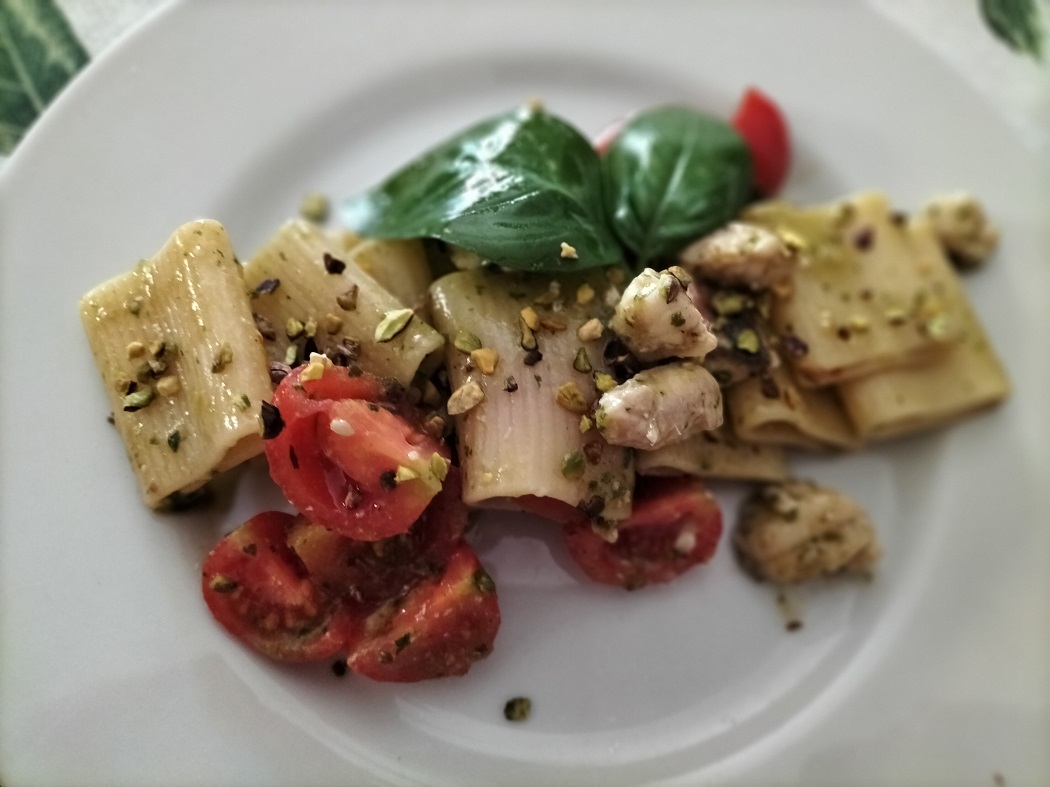

Follow us